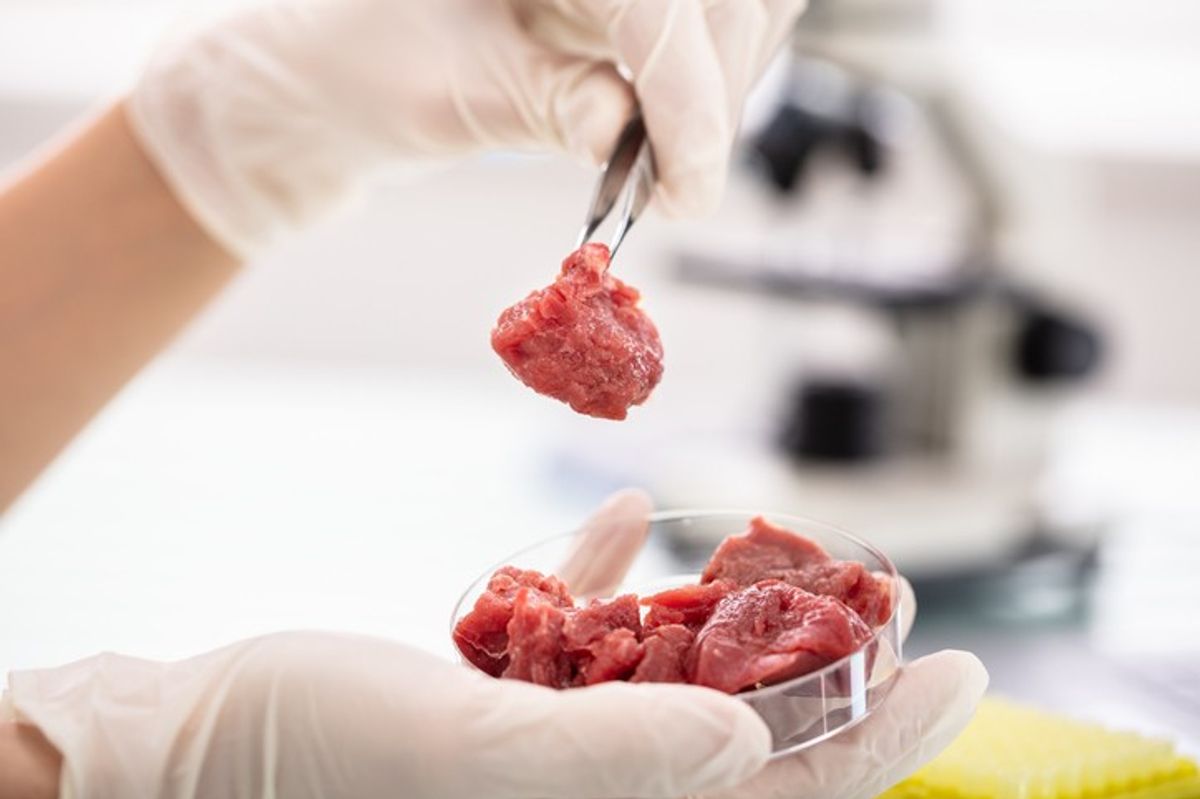Meat produced from cultured cells could be 25 times worse for the climate than regular beef unless scientists find ways to overhaul energy-intensive steps in its production, states new research.
According to New Scientist magazine, a study by food scientist Derrick Risner and his team at the University of California, Davis indicated that the carbon dioxide equivalents emitted from lab grown meats were four to 25 times higher than regular beef.
Lab-grown or “cultivated” meat is made by growing animal stem cells around a scaffold in a nutrient-rich broth. It has been perceived as kinder and greener alternative to traditional meat because it uses less land, feed, water and antibiotics than animal farming and removes the need to farm and slaughter livestock.
Such products have been seen as a more sustainable alternative as well. The study found that because the liquid used to grow the product contains salts, amino acids and vitamins that all require energy-intensive techniques, it actually comes with more environmental costs.
"Currently, animal cell-based meat products are being produced at a small scale and at an economic loss, however companies are intending to industrialize and scale-up production," Daily Mail quoted from the research.
"Results indicate that the environmental impact of near-term animal cell-based meat production is likely to be orders of magnitude higher than median beef production if a highly refined growth medium is utilised."
Industry leaders reportedly maintain that post-Brexit, Britain could become a world leader in cultured meat.
Lab-grown meat has its origins a decade ago but the industry is still very young, and Singapore is so far the only country in the world to have approved the meats for sale and reportedly, lab-grown chicken nuggets have already been sold in the country.
According to the experts, the impact does not change depending on which animal's cells are being grown and the meat that's being created, whether it's beef, chicken or lamb.
The team conclude the environmental impact of emerging technologies such as cultured meat is a new concept but 'highly important'.
Earlier this year in the US, the Food and Drug Administration declared cultured meat safe for human consumption, paving the way for them to be sold stateside, but in the UK the Food Standards Agency is yet to do the same.


